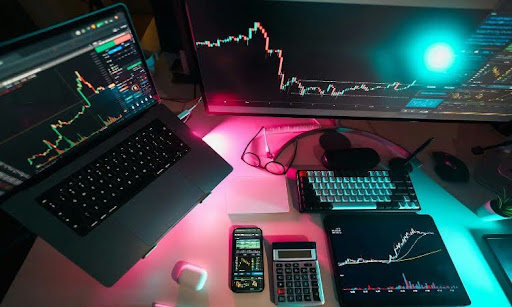Most new traders come into the market excited but soon experience fear, stress, or confusion when actual money is involved. One of the most influential books that enable traders to deal with these feelings is Trading in the Zone written by Mark Douglas. It shows how success at trading is more a matter of psychology than techniques or indicators. Even firms such as Get Together Finance concentrate on developing this mental toughness as much as technical proficiency when assisting novice traders to get started.
Understanding the Trader’s Mindset
One of the largest concepts of Trading in the Zone is that the traders must come to accept that the market is unpredictable. You cannot control what happens in a trade, but you can control how you think and respond. Most traders lose not because they have a bad system, but because they become afraid, greedy, or angry. The book assists the traders in releasing the need to be correct and instead focus on being consistent.
Real-Life Example: Release of the Outcome
Assume you see a perfect setup based on your strategy. You go into the trade, and it starts to go in the correct direction. However, the market turns around and hits your stop loss. You get annoyed and start doubting your method. That is the time when emotion overtakes logic. Trading in the Zone teaches you to think of every trade as one occurrence in an enormous series. A good strategy entails that losses are part of the game. Losses should not cause you to lose faith.
The Psychology of Trading
Confidence Through Probabilities
One of the key lessons in the book is how to think in terms of probabilities. There’s no setup that wins all the time. A trader needs to stop thinking about winning or losing a trade and begin to think about winning in the long run. For instance, if your system is correct 60 percent of the time, your role is to take every trade that matches the rules without hesitation or fear.
Applying the Lessons on a Daily Basis
To apply these ideas, start small. At the start of each trading session, recall that the market is not in your debt. Review your rules of trading. Recall that you have no control over results but you do have control over what choices you make. Maintaining a journal of your trades, emotions, and thoughts may assist you in noticing patterns in how you behave that you may want to change.
Conclusion
Risk-free trading does not mean being fearless but knowing how to remain calm and focused when things go wrong. Trading in the Zone equips traders with the mindset to remain confident, patient, and disciplined. With the correct mindset and practice over time, anyone can trade better and feel more in command. And with the support of learning networks like Get Together Finance, even novices are able to develop the mental resilience needed for long-term success.


